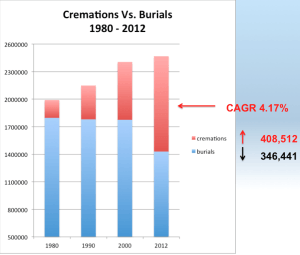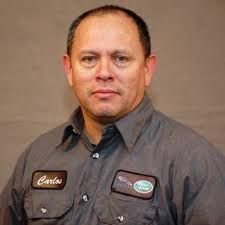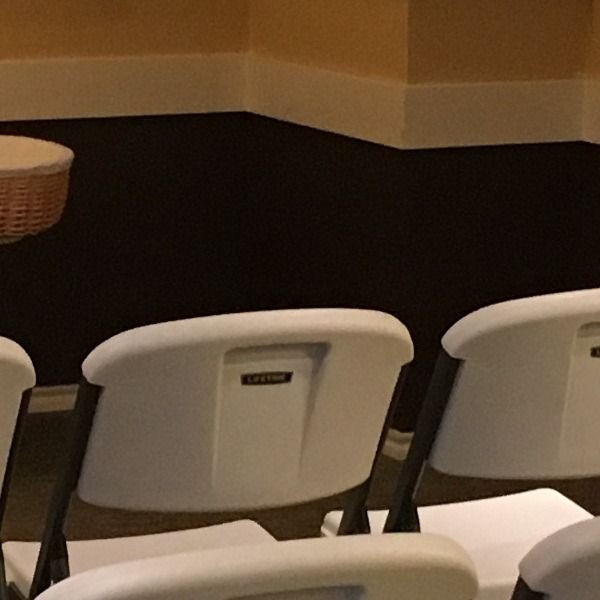OR WHY FUNERAL DIRECTORS ARE NEUROTIC
A pastor friend once told me: “The test of love is whether or not you are willing to tell someone their fly is unzipped.”
Funeral service I love what you do and I love many of you. Your fly is unzipped.
My phone rings: “Al, this is Ron.”
Me: “hey Ron.” (That’s how we talk in the South)
Ron: “I just got home from trying to make my prearrangements at the funeral home and I am totally confused. Can you go back and help me? and by the way, I want you to do my eulogy.”
Me: “Well, gee, thanks Ron. I am honored. I’ll be glad to do it. Are you Ok?”
Ron: “I’m fine. I just need to get this done. As for the eulogy, you’re the only one who will tell my story the way I want it.”
This is a true story. Ron is one of my best friends. 7 years older, he is a graduate of West Point (class of ’65) and a nuclear engineer. He is retired from a prominent career in the nuclear power industry and is considered an international expert on quality control. In other words he is smart. I have known him for 28 years. He is a man on a clock. This story occurred when he had turned 65 and 65 was when you took care of your funeral arrangements. 45 was when you took care of your cemetery arrangements.
We arrive at the funeral home at our appointed time and are ushered into the arrangements office. A few moments later the funeral director enters. I know him. Approaching retirement he has had a long successful career, serves on a national committee and (I think) has served on the board of his state association. He is someone I both like and respect. We will call him John (not his real name).
John (setting down a legal pad and a folder): “Ok. What do you want?”
Ron and me (exchanging glances): “Well, what do you have?”
John: “It depends on what you want.”
We go back and forth like this for a few minutes and finally I take over. I am not a funeral director and I was careful not to break any laws but I know enough to lead a discussion. (Operative word: “lead”)
Me: “Ron, I know you have already bought your cemetery plots so I am assuming you plan on having something approximating a traditional funeral.”
Ron: “Of course.”
Me: “would you like a visitation the night before the funeral?”
Ron: “yes.”
Me: “john, would you write that down?”
Me: “Were you planning on a military style funeral”
Ron: “Of course. My roommate (a former chairman of the joint chiefs of staff), if he is still living, is going to do the flag presentation. It’s a West Point custom.”
Me: “Great, do you think you might like a bagpiper at the gravesite?”
Ron (surprised look on his face): “Can I have a bagpiper?”
Me: “John, can you arrange a bagpiper?”
John: “yes”
Me: “good, write that down too, John.”
I won’t go through the whole scene but that was the way the conversation went. We ended up with a funeral somewhere in the 5 figure range.
Let me repeat: I am not a funeral director! But I know when someone needs me to put my expert hat on.
At the time of this post I am 63. This happened 4 or 5 years ago. I have now assisted 3 other friends with their prearrangements and two with at need arrangements. All but one with different funeral directors. People I know and respect. All with 30 to 40 years experience. Exactly the same experience each time.
I don’t know about you but I am alarmed!
For the 33 years of my career in funeral service I have assumed that once you had around 5 year’s experience you were pretty much on top of your game. These experiences caused me great concern. So, I began experimenting and it went like this:
I would be at an industry gathering either speaking or facilitating and I would create an opportunity to ask:
“let me ask you. You graduate from mortuary school, you go to work. Maybe you are a first generation funeral director or you go into the family firm. It doesn’t matter. You start out working visitations, assisting with body prep, doing removals, embalming, mowing the lawn. You’ve been there a number of months and one day the funeral home gets really busy and without warning someone hands you a file, says: ‘The Smith Family is coming in at 2:00 to make arrangements. Good luck.’
and there you are…on your own. Is that what happens?”
The responses, dear readers, shocked me and I hope they will you as well:
“Exactly. But they didn’t say good luck. They said: “Don’t Screw it up.”
“Yup. That’s how it is. But they didn’t say good luck. They said: “Don’t worry. It’s only a cremation.”
“Yeah, and it was a saturday and the family name was Jaworksi” (this was 40 years later)
“So, let me get this straight.” I query further. “You’ve been doing this 25, 30, 40 years and you have never been trained on how to make arrangements.”
“nope.”
“Have you ever observed someone else making arrangements?” “nope.”
“Has anyone else ever observed you and offered suggestions.” “nope.”
OMG!!!! Holy Cow!!!
IT ALL MAKES SENSE
After doing this for several months with different groups ranging in size from 9 to over 50 all the inconsistencies:
The unwillingness to defend ourselves, the capitulation to cremation, the preoccupation with prominence over significance fell into place. I had, for years, been confused by these things. Now I understood.
We won’t defend ourselves.
We won’t address and adapt to change.
We won’t do anything that even hints of upsetting the customer even when we know what they are doing will hurt them in the long term.
We are frustrated. Maybe even despairing.
We feel trapped.
We are relentlessly being marginalized by the public.
Our businesses…our livelihoods are in jeopardy.
BECAUSE
We have no way of knowing what we are doing is right. We are making it up as we go along hoping it will turn out alright. We judge our effectiveness and accomplishments solely by the reaction of others. If they like us, life is good. If they don’t, life is very, very bad.
We think it’s just us. Surely other funeral directors know what they are doing. So we say:
“If I rigidly follow the rules, meekly acquiesce to every request, sacrifice my family over-serving my customer, throw in a free video tribute maybe no one will find out that I don’t know what I am doing.”
This revelation creates in me simultaneous despair and wild optimism.
If this is the root and core of our low self-image and unwillingness to stand up for what we believe the consequences of doing nothing are plain for all to see.
At the same time, “We Can Fix This.”
The only question that remains is: “Will we?”
Let me say this: “I believe this is a noble profession. I can quantify my belief and I can stand for it publicly without reservation. As a profession it is eminently defendable. Yes, I fully understand that not everyone in it is noble. But ask yourself:
How noble would I be, could I be, if every day I had no way of really knowing if I were doing it right?.”
In my mind, (and I concede it may only be in my mind ;)) this travesty is a potential lynchpin for turning this industry (sorry, you can’t call untrained people who aren’t able to stand for what they believe professionals) to turn itself around.
I use strong language here deliberately to startle you and maybe to make you say “No More”. In your hearts you are great people. You serve a noble profession but your self doubt is a significant stumbling block.
Now you know you are not the only one. In fact, you are in the majority. Now you can see the king has no clothes. What are you going to do about it?
You may want to read more about my beliefs here.









